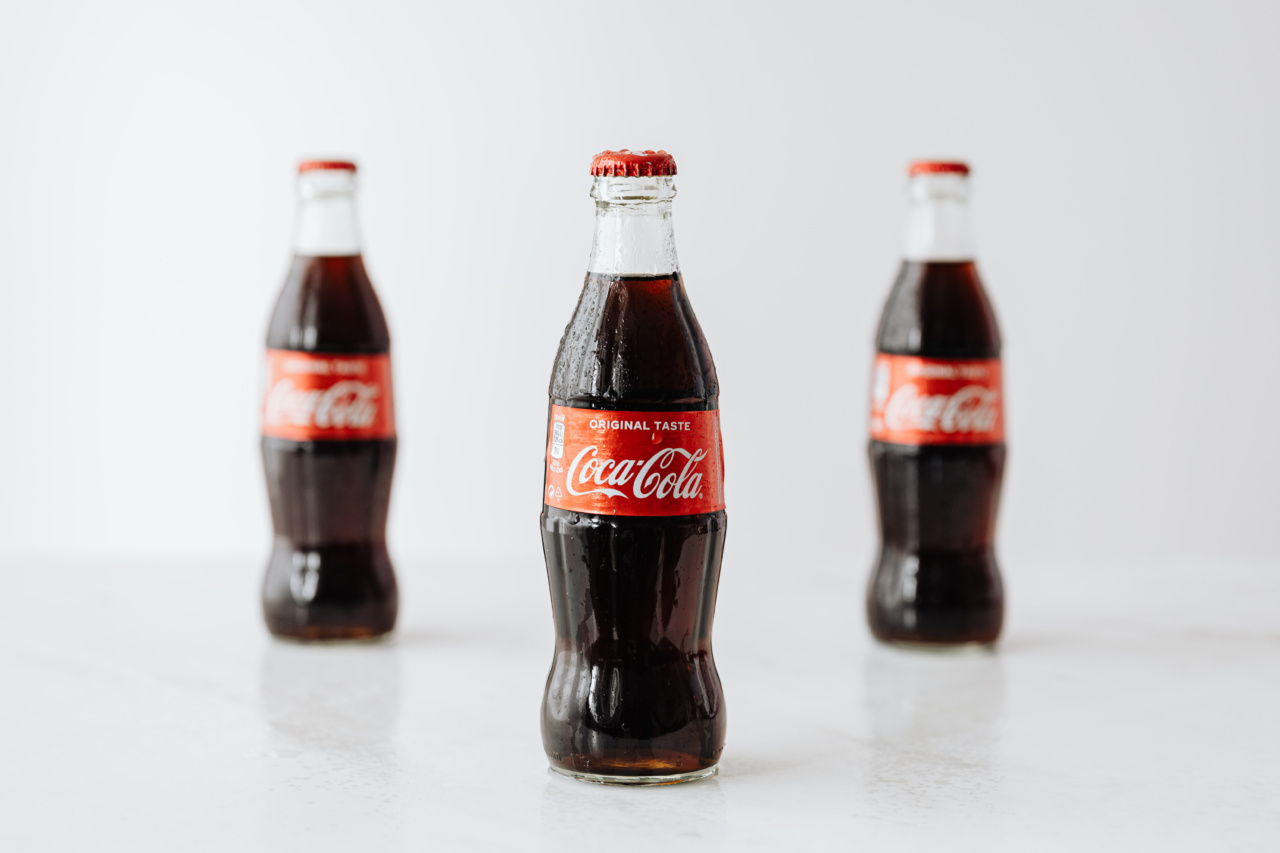Depression is a serious mental health condition that affects millions of individuals worldwide. It is characterized by persistent feelings of sadness, hopelessness, lack of interest or pleasure in activities, and various physical and cognitive symptoms.
While the exact causes of depression are complex and multifaceted, researchers have recently identified a strong link between depression and certain drink consumption. This groundbreaking discovery sheds light on the potential impact of beverages on mental health and may open new avenues for treatment and prevention.
The Research Study
A team of scientists conducted an extensive research study to investigate the connection between drink consumption and depression.
The study involved a large sample size of individuals ranging across different age groups, genders, and socioeconomic backgrounds. The participants were required to provide detailed information about their beverage habits and undergo standardized evaluations to determine their mental health status.
The findings of the study revealed a significant correlation between specific drink consumption and the prevalence of depression.
Certain beverages were found to increase the risk of developing depressive symptoms, while others exhibited a protective effect. These results held true even after controlling for various confounding factors such as age, overall diet, and lifestyle choices.
The Role of Sugary Beverages
One of the most striking findings in the study was the detrimental effect of sugary beverages on mental health.
Individuals who consumed high amounts of sugary drinks, such as soda, energy drinks, and fruit juices with added sugars, were more likely to experience depressive symptoms. The researchers propose that excessive sugar intake may lead to inflammation and oxidative stress in the brain, which can contribute to the development of depression.
The Influence of Caffeinated Drinks
Caffeinated drinks, particularly in excessive amounts, also showed a connection with depression.
While moderate caffeine consumption has been associated with improved mood and cognitive function, the study found that individuals who consumed large quantities of caffeinated beverages, such as coffee or energy drinks, had a higher risk of depressive symptoms. The stimulatory effects of caffeine may disrupt sleep patterns, increase anxiety levels, and exacerbate existing mental health conditions.
The Benefits of Herbal Teas
On the other hand, the study highlighted the potential beneficial effects of herbal teas on mental well-being.
Herbal teas, such as chamomile, green tea, or peppermint tea, contain various natural compounds that have been linked to improved mood, reduced anxiety, and better sleep quality. Regular consumption of herbal teas was found to be inversely correlated with the prevalence of depression, suggesting a possible protective effect.
Alcohol Consumption and Depression
Alcohol, being a depressant, is commonly associated with negative effects on mental health. The study confirmed this well-established link, showing that excessive alcohol consumption significantly increased the risk of developing depression.
Chronic alcohol abuse can lead to chemical imbalances within the brain, disrupt neurotransmitter function, and impair overall mental well-being. The findings emphasize the importance of moderation when it comes to alcohol consumption.
The Importance of Water
While the study focused on the impact of specific drinks, it also highlighted the crucial role of water in mental health. Dehydration, even at mild levels, can impair cognitive function and mood regulation.
Maintaining proper hydration levels throughout the day is essential for optimal mental well-being. Drinking an adequate amount of water can help prevent or alleviate depressive symptoms.
The Need for Further Research
The research study provides valuable insights into the relationship between drink consumption and depression. However, it is important to acknowledge that this is an observational study and cannot establish causation.
Future research should explore the underlying mechanisms and conduct controlled experiments to confirm the findings. Additionally, studying the impact of different types of drinks on specific subgroups of the population, such as adolescents or older adults, could provide further understanding.
Implications for Mental Health Treatment and Prevention
The discovery of a strong link between depression and specific drink consumption has significant implications for mental health treatment and prevention strategies.
Healthcare professionals should consider beverage habits when assessing patients with depressive symptoms. Education campaigns can help raise awareness about the potential impact of certain drinks on mental well-being, encouraging individuals to make healthier choices.
Further research in this field may even lead to the development of specialized dietary interventions as adjunctive therapy for depression.
Conclusion
The recent research study reveals a compelling link between depression and specific drink consumption.
The findings highlight the potential influence of beverages on mental health, with sugary and caffeinated drinks increasing the risk of depression, while herbal teas and adequate water intake showing potential protective effects. These discoveries emphasize the need to consider dietary factors in understanding and addressing depression. By making informed choices about our beverage consumption, we can contribute to improved mental well-being.































